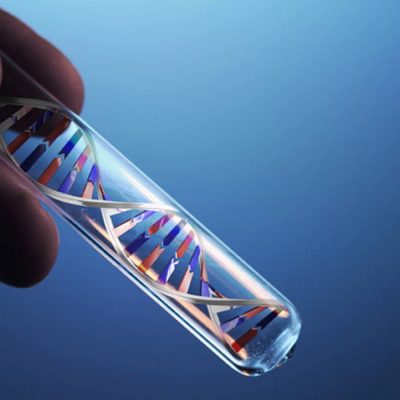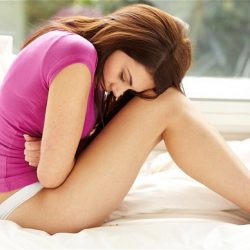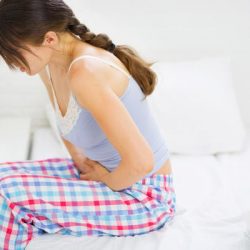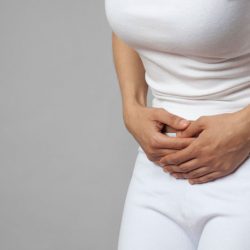Herbs such as Artemisia vulgaris and Capsella bursa-pastoris promote menstrual and hormonal health. If your period is heavy enough to require changing more often than every one or two hours, or if you have a period that lasts more than a full week, you may be experiencing menorrhagia or heavy menstrual bleeding. Hormonal imbalance is one of the primary reasons for heavy … [Read more...]
Genetics: A Contributing Factor In Endometriosis
Endometriosis is not a single disease process, but a group of related problems caused as a result of many factors, one of them being genetcs. Just because a woman menstruates does not mean that period pain is normal. Period pain could be a sign of endometriosis, which affects 10% of women. Woman avoid talking about it, and many people don't get a diagnosis … [Read more...]
Decreased Endometriosis Risk Associated With Strenuous Exercise
Since the hormone estrogen is involved in thickening the lining of the uterus during the menstrual cycle, trying to lower levels of estrogen in the body can help a woman to keep the endometriosis risk at bay. How to Maintain Lower Estrogen Levels in your Body? You can: Exercise regularly Keep a low amount of body fat Avoid large amounts of alcohol and … [Read more...]
Endometriosis & Sexual Satisfaction
Endometriosis is one of the leading causes of dyspareunia (painful intercourse) in women. The pain can start as early as the beginning of penetration and last up to 24-48 hours later. Endometriosis occurs when tissue from the uterine lining (the endometrium) grows outside the uterus. These growths might be found on the ovaries, fallopian tubes, bladder, ureters, … [Read more...]
Foods that Promote Endometriosis: Watch Out!
Function and dysfunction of the female immune system plays important role in the initiation and progression of the endometriosis and its relation to infertility and cancer. Endometriosis can be caused by decreased clearance of peritoneal fluid endometrial cells resulting from reduced natural killer cell activity. Decreased cell-mediated cytotoxicity toward autologous … [Read more...]
What To Eat With Endometriosis? Check It Out.
Endometriosis is a female health disorder that occurs when cells from the lining of the womb (uterus) grow in other areas of the body. This can lead to pain, irregular bleeding, and problems getting pregnant. While some women with endometriosis remain asymptomatic, others experience dysmenorrhea, dyspareunia, non-cyclical pelvic pain, and sub-fertility. Now, new … [Read more...]
What Your Periods Speak About Your Health?
Paying attention to the patterns of your menstrual cycle offers a window into your overall health. What's a normal period? The typical healthy cycle ranges from 22 to 35 days in length. And while the period that arrives a day late or seems heavier one month than another may worry you in the short term, that's in the range of normal. What should concern you are changes that … [Read more...]
Irregular Menstrual Period
The menstrual cycle is not the same for every woman. A normal menstrual period lasts from 2 to 7 days. The normal cycle patterns can range from 21 to 35 days. When bleeding occurs that is not part of the regular cycle; periods are longer or heavier than normal; occurs between periods; time between periods is longer than normal; or there is an absence of periods, this is called … [Read more...]
Yoga & Endometriosis
Endometriosis affects as many as 6% of the general population. Endometriosis is a female health disorder that occurs when cells from the lining of the womb (uterus) grow in other areas of the body. This can lead to pain, irregular bleeding, and problems getting pregnant. While some women with endometriosis remain asymptomatic, others experience dysmenorrhea, dyspareunia, … [Read more...]








